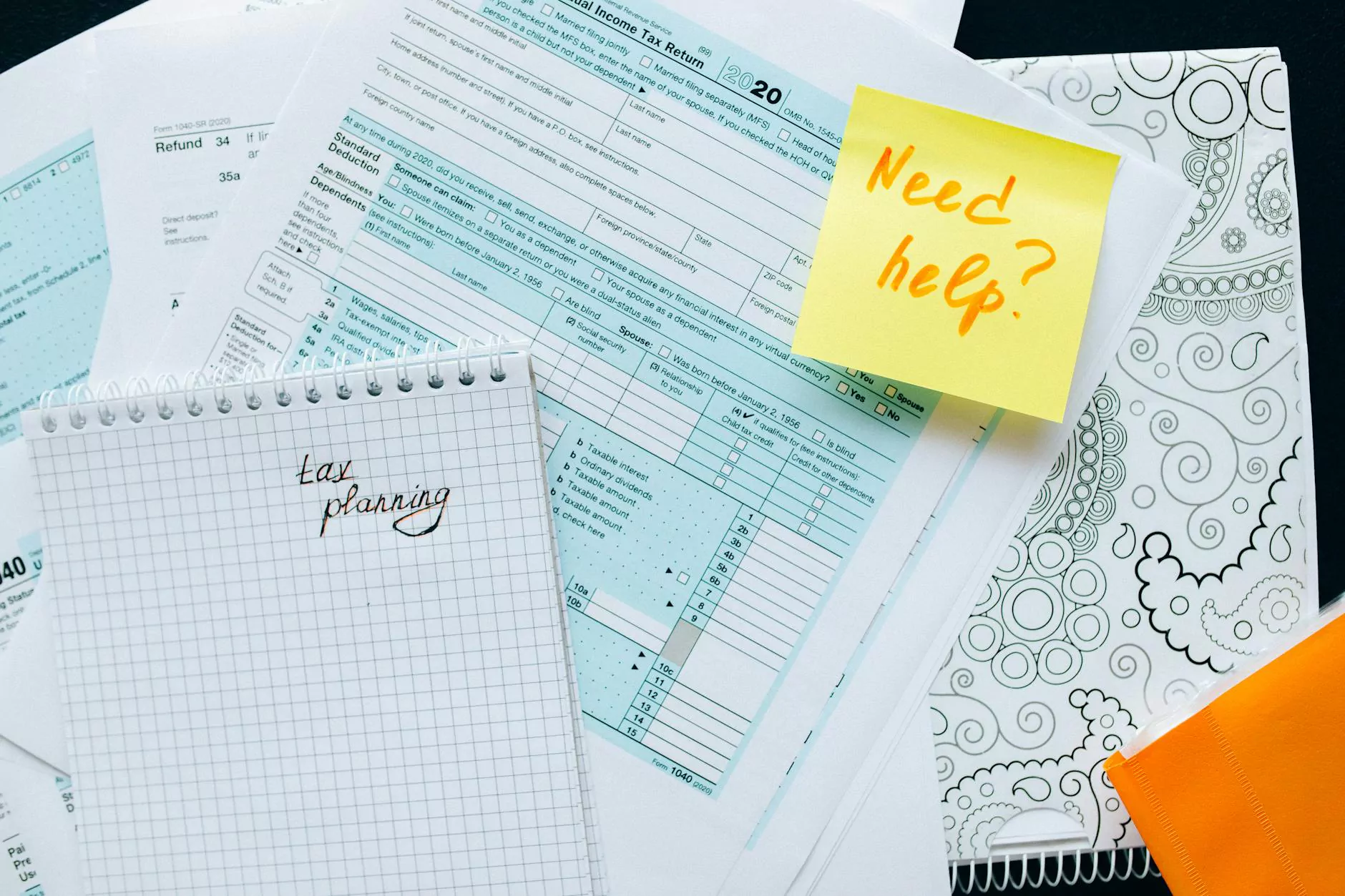The Importance of Understanding Inflation and the Federal Reserve
Business and Consumer Services
Inflation is a term that often makes headlines, and for a good reason. It affects the purchasing power of consumers, influences interest rates, and plays a crucial role in economic stability. The Federal Reserve is the central banking system of the United States, responsible for controlling monetary policy and ensuring price stability.
Can the Fed Stop Inflation?
Many wonder if the Federal Reserve has the power to stop inflation entirely. While the Fed cannot eliminate inflation completely, it can take measures to control and manage inflation levels. By adjusting interest rates and implementing monetary policies, the Federal Reserve aims to keep inflation in check and prevent it from spiraling out of control.
Fed and Inflation: Understanding the Relationship
The relationship between the Federal Reserve and inflation is complex yet interconnected. The Fed closely monitors inflation rates to make informed decisions about monetary policy. By targeting inflation levels, the Federal Reserve aims to achieve long-term economic stability and sustainable growth.
Government and Inflation: Collaborating for Economic Stability
The government plays a vital role in controlling inflation through fiscal policies and regulations. By working in tandem with the Federal Reserve, the government can create an environment conducive to stable prices and controlled inflation levels. This collaboration is crucial for maintaining economic stability and fostering growth.
How Are Inflation and Interest Rates Related?
Interest rates and inflation share a close relationship, with the Federal Reserve using interest rate adjustments to influence inflation levels. Higher inflation often leads to higher interest rates to curb excessive spending and borrowing. Understanding this relationship is key to predicting future economic trends.
How Could the Actions of the Federal Reserve Cause Inflation?
While the Federal Reserve aims to control inflation, its actions can inadvertently impact inflation levels. For example, increasing the money supply or lowering interest rates may stimulate spending and lead to rising inflation. The Fed must carefully balance its decisions to avoid causing unintended consequences.
How Does the Fed Reduce Inflation?
Reducing inflation requires a multi-faceted approach, with the Federal Reserve employing various tools and strategies. By raising interest rates, selling government securities, or implementing contractionary monetary policies, the Fed can work towards lowering inflation levels and maintaining price stability.
How Does the Federal Funds Rate Affect Inflation?
The federal funds rate has a direct impact on borrowing costs, spending, and inflation rates. When the Federal Reserve adjusts the federal funds rate, it influences the overall economy's liquidity and can either stimulate or dampen inflation pressures. Monitoring this rate is crucial for understanding future inflation trends.



